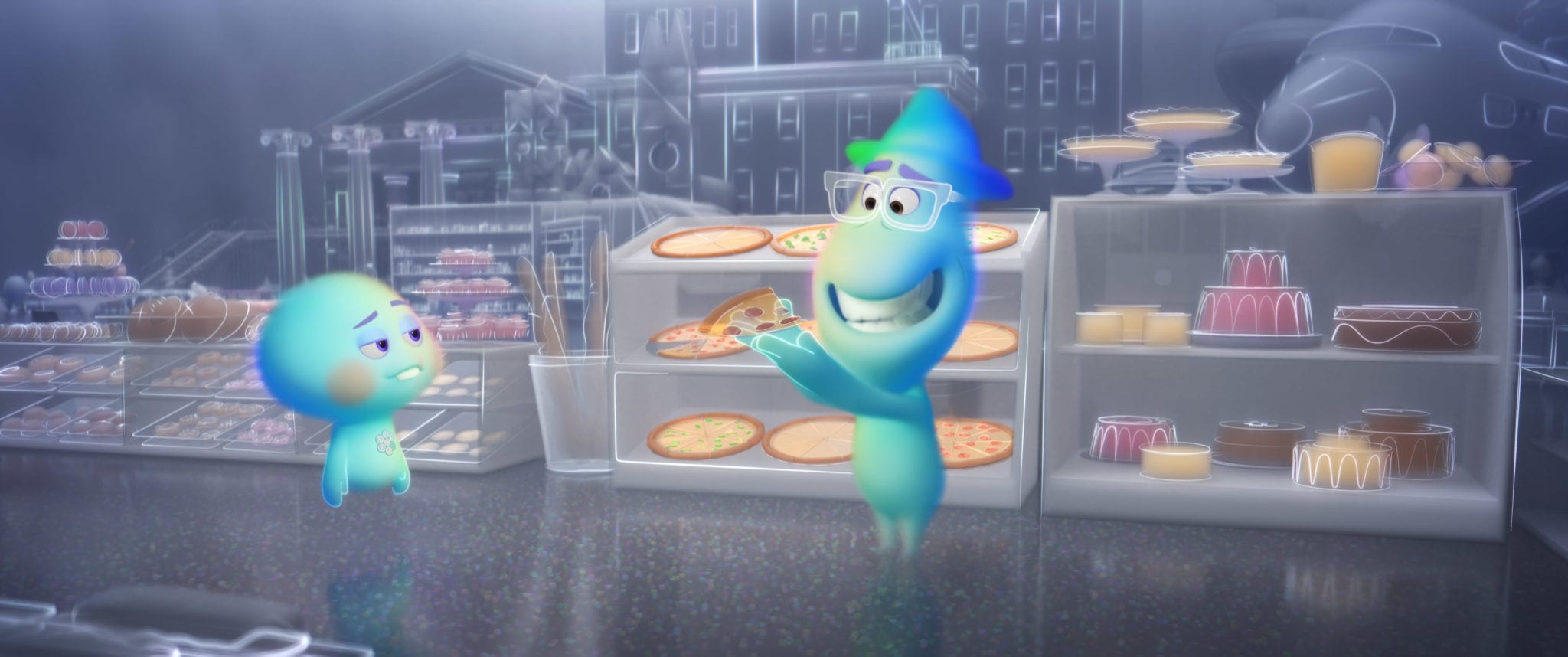
This Episode Has No Agenda
This is an experimental episode of the Your Sunday Drive podcast, recorded with literally no set topic, no notes, no agenda. We can’t (won’t) even pitch what we actually ended up talking about (because we do, of course, now know what that was), even though it for sure turned out to be very, very interesting….


